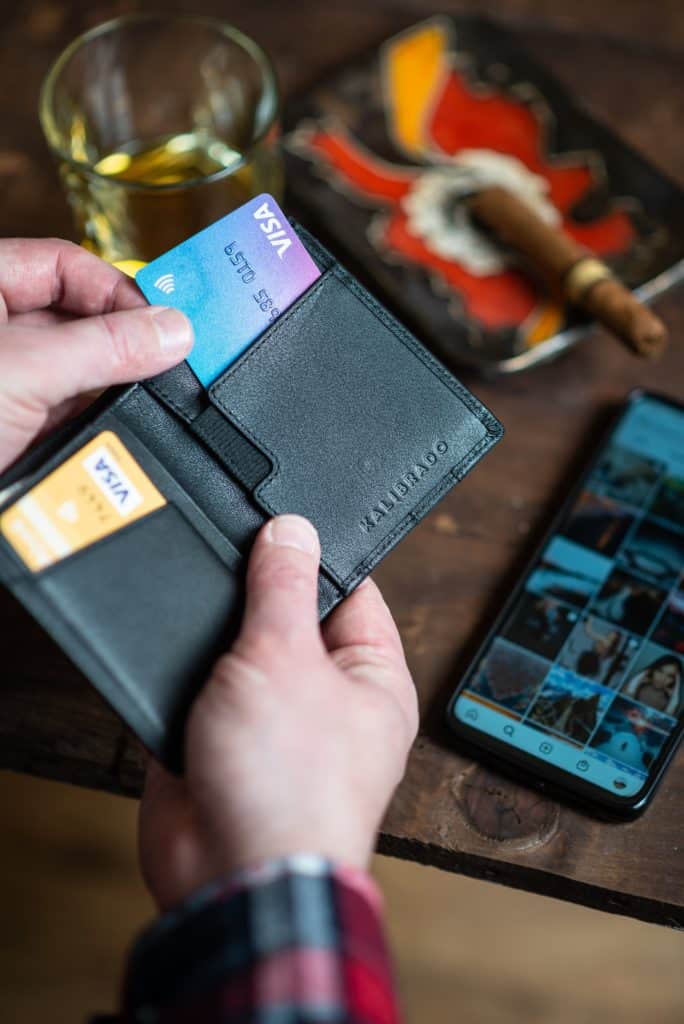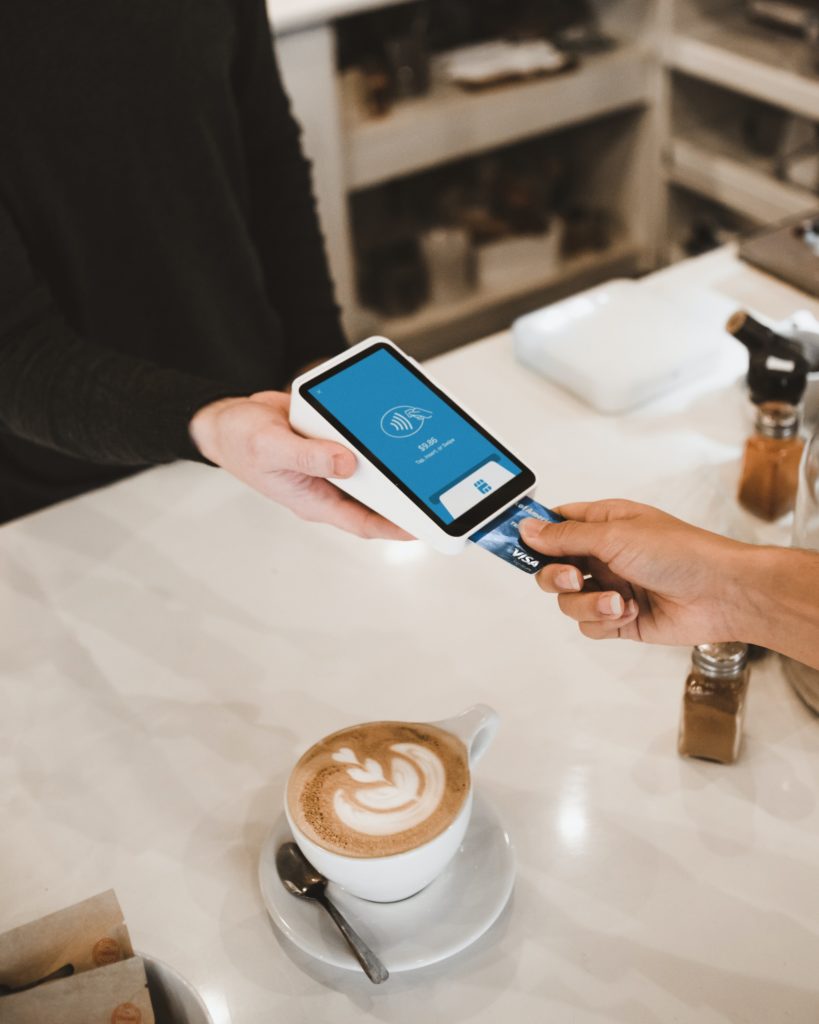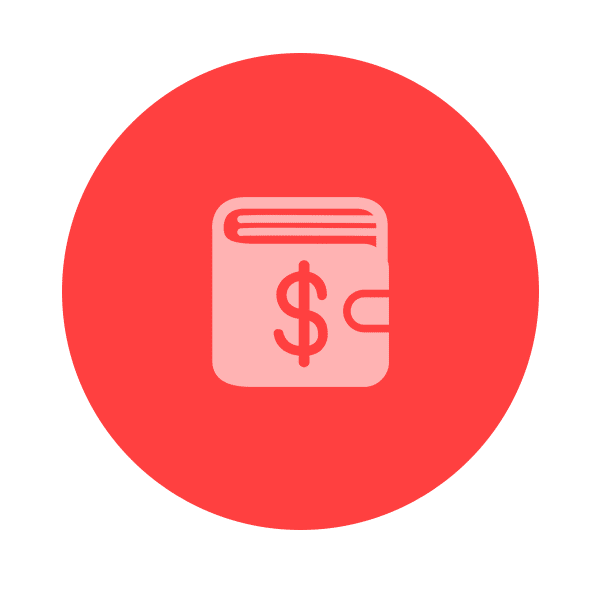
Setting Up a Personal Bank Account in Greater Phoenix
Here you can find information on the types of banks available to Greater Phoenix residents, standard bank account types you may choose to open, typical fees and requirements, and the documentation usually needed to open an account. Plus, learn how to build your U.S. credit score.
Bank Types
Retail Banks
Retail banks are open to the general public, meaning anyone can go to sign up for an account. Some banks are nationwide, with access across the U.S., while others are local or community-based and only have local branches.
Credit Unions
Credit unions are not-for-profit organizations that are owned by members of the bank. Credit union’s offer the same service as retail banks however, sometimes offer lower interest rate on savings, loan rates or reduced fees. Not all credit unions are open to everyone. For example, some credit unions are specific to an employer or association.
Digital Banks
Retail banks and credit unions typically offer mobile and online banking as a service, but you may also choose to select a bank that operates exclusively online. Online or digital banks often offer lower account fees but do not have a physical branch.
Personal Account Types
Checking Account
The day-to-day, on-the-go account for your everyday financial needs. You can pay or deposit bills directly to this account as well as use it to pay rent, groceries and electricity.
Saving Account
This account holds current savings for future use and can generate a small amount of interest on money deposited. Saving accounts have a limited number of withdrawals a customer can use per month.

How to Open a Bank Account
Securing a bank account should be one of the first things to establish when you arrive. With a bank account, you will be able to set up payment, receive income, and access fund without having to wire money.
Most US bank will generally allow non-U.S. citizen to open an account but with limitations. Please check with your bank of choosing for specific requirement. General requirement to open an account includes that you lived in US and have a proof of address, government issue identification, and Social Security number or Individual Taxpayer Identification Number.
Required Items:
- Cash deposit
- Social Security Number (SSN) of Individual Taxpayer Identification Number (TIN)
- Utility statement from U.S. address or other proof of address
- Two forms of government ID (i.e. a green card, passport or other type of U.S. government-issued ID)

Building Credit History
The US credit score determines your creditworthiness in the US and will be an important aspect of your financial life in the US.
A secured credit card would be the most common way for an individual to start building credit history. Many cards require a minimum cash deposit before you can start buying things or make payment before the monthly credit card due date.
Good credit habits include:
- Making payments on time
- Maintaining credit utilization low compared to your credit limit
- Avoid applying multiple credit accounts in a short amount of time (multiple applications can damage your credit rating)
- Keeping credit card accounts open
Types of Transfer
Wire Transfer
The most common way to transfer between one account to an oversea account. Typically, there is a fee associated with this type of remittance, but it is the safest method to transfer funds.
Zelle
A newer method of digital payment that is accessible service in most retail bank such as Bank of America, Citi, Chase, and Wells Fargo. Money transferred using Zelle moves directly from one bank account to another.
Venmo
A digital wallet that makes money transfer between friends and small business easier (Peer-to-peer transfer). Venmo can be downloaded on your phone and access added funds directly.
Understanding Common Bank Fees
Account Maintenance Fee
Usually be waived if there is a certain number of transactions made per month or if a direct deposit is tied to this account.
Minimum Balance Fee
The minimum required amount the bank requires deposited into the account that can range from $100 to $1,000. If the minimum balance is not met, charges can be $25 or more.
Overdraft Fee
When your bank allows you to withdraw more than what is stored in your account. The bank will charge you for going negative on your balance. This overdraft fee on average is $32.30 and is the most common fee people incur.
Foreign Transaction Fee
When you make a purchase oversea or in a foreign online store. Your bank can charge you fee for the total transaction, usually 3% of the purchase price. This fee adds up quickly when you are traveling outside of US.
ATM Fee
This fee typically ranges from $3 to $10 and is incurred when you withdraw from an ATM out of your network.
Wire Transfer
The minimum required amount the bank requires deposited into the account that can range from $100 to $1,000. If the minimum balance is not met, charges can be $25 or more.

